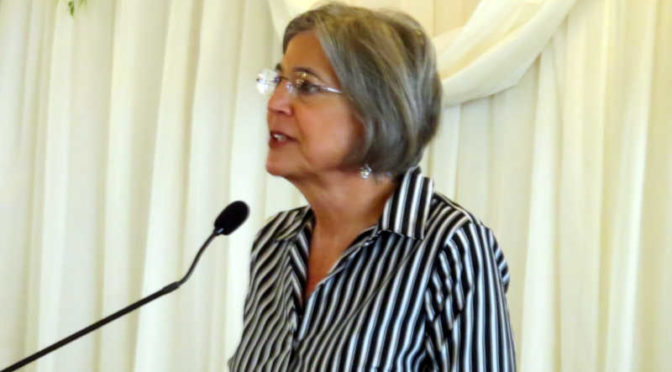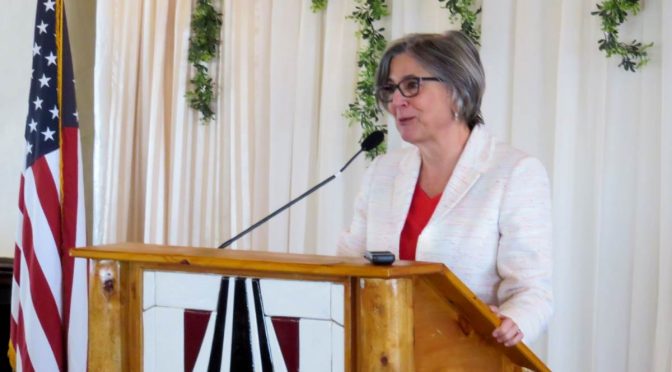Tag: Susan Wagle
-

From Pachyderm: Senate President Susan Wagle
From the Wichita Pachyderm Club: Kansas Senate President Susan Wagle. This was recorded February 1, 2019.
-

Briefs
He didn’t participate Wichita Eagle Opinion Line, November 24, 2017: “The kindest word that can be ascribed to State Senator Susan Wagle, when she criticizes the Kansas Supreme Court? Disingenuous. She never mentions Brownback appointee, Justice Caleb Stegall; he has repeatedly agreed with his colleagues on school finance.” The likely reason Senator Wagle doesn’t mention…
-

From Pachyderm: Kansas Senate President Susan Wagle
Kansas Senate President Susan Wagle addressed members and guests of the Wichita Pachyderm Club on November 10, 2017. School finance and the Kansas Supreme Court was a prominent topic.
-

Say no to Kansas taxpayer-funded campaigning
Kansas taxpayers should know their tax dollars are helping staff campaigns for political office.
-
Reaction to Kansas school lawsuit decision
Following are several reactions to the decision in Gannon vs. Kansas, the school funding lawsuit. The court ruled the state must spend more on schools.
-
Pachyderm speaker lineup announced
The Wichita Pachyderm Club has announced its speaker lineup for the next four weeks.
-
Sedgwick County voter registration changes: Impact on senate races
Analysis of voter registration in Sedgwick County shows switches to Republican registration, but also other interesting numbers.
-
Kansas Bioscience Authority hearings, day 2
At the second day of testimony regarding a forensic audit of the Kansas Bioscience Authority, a representative of Kansas Governor Sam Brownback was strongly critical of the audit itself, and also of the Board of Directors of KBA. Kansas Secretary of Agriculture Dale A. Rodman, who oversaw the audit process on behalf of the Brownback…
-
Kansas Bioscience Authority
The release of a forensics audit of the Kansas Bioscience Authority coupled with two days of joint committee hearings revealed an independent government agency out of control, an audit that draws conclusions described as sanitized of important details, and an agency and legislative supporters who believe that now, all is well at the KBA.
-
Kansas committee asks if KBA audit did enough to expose problems
Members of a Kansas joint committee expressed concern that a forensic audit of the Kansas Bioscience Authority was not broad enough and that deliberate deletion of data from a KBA computer left questions unanswered.
-
Kansas senate debate centers on free speech, transparency
This afternoon the Kansas Senate debated for about 90 minutes on an amendment that would require more disclosure for “issue ads” or communications in favor of candidates by third parties.
-
Wichita school chief makes plea to Wichita-area legislators
This afternoon, Wichita school superintendent John Allison appeared before the South-central Kansas legislative delegation, explaining Kansas school finance as it applies to the Wichita school district, and offering justification for deciding to join the lawsuit demanding the state spend more on schools. Referring to base state aid per pupil, which has been cut several times…